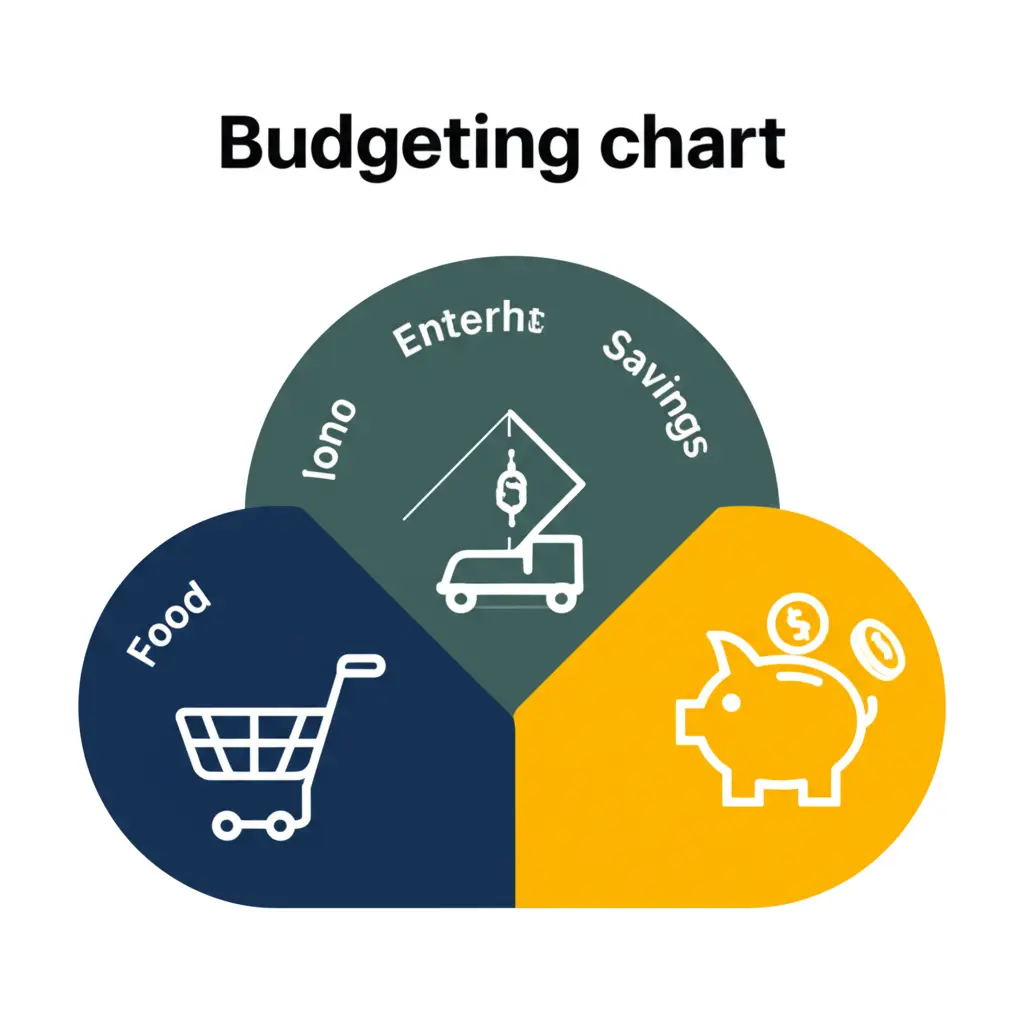Mastering Money: Your Go-To Guide for Financial Success
Your essential guide to managing money like a pro. Learn how to save, invest, and plan for the future.

Why Financial Literacy Matters
Have you ever found yourself at the end of the month, wondering where all your money went? I get it—managing finances can feel like navigating a maze. That’s why financial literacy is crucial. It’s not just about saving money but understanding how to make it work for you. Today, I’m diving into the art of mastering your money with some practical tips and insights.
The Importance of Saving vs. Investing

Let’s start by differentiating two fundamental concepts: saving and investing. Saving is like planting seeds for your financial future—you keep money aside in a safe spot, like a savings account, for emergencies or big purchases. Investing, on the other hand, is putting your money to work. It’s about buying assets like stocks, which, unlike a savings account, come with a risk but also potential for growth.
Savings Tip
Consider automating your savings. Treat it like a non-negotiable bill each month. You’ll be surprised how quickly it adds up!
Investing Insight
Start small. Platforms like micro-investing apps can help you dip your toes in the investment world without feeling overwhelmed. Remember, every investor was once a beginner.
Budgeting: Your Path to Financial Freedom

Budgeting is the blueprint to your financial home. It helps track your expenses and ensures you live within your means. I like to use the 50/30/20 rule: 50% of your income goes to needs, 30% to wants, and 20% to savings and debt repayment.
Customizing Your Budget
Everyone’s financial situation is unique. Tweak this rule to fit your lifestyle. Maybe you’ll find that a 40/40/20 split works better for you.
Setting and Achieving Financial Goals

Goals are your financial GPS—without them, it’s easy to wander and get lost. Whether it's buying a house, traveling the world, or retiring early, defining these goals gives direction. One actionable step is to make your goals SMART—specific, measurable, achievable, relevant, and time-bound.
Reflect and Adjust
Remember, financial plans are not set in stone. Life changes, and so should your financial goals. Make it a habit to review and adjust your goals periodically.
Takeaway: Your Financial Journey Awaits
Mastering your finances is a marathon, not a sprint. By building knowledge about saving, investing, budgeting, and goal-setting, you’re creating a roadmap to a financially secure future. What's your next step on this financial journey? Let’s keep the conversation going!




